from the group: Matte Collodion
Select a New Process: X
Pre-photographic
Intaglio
- Intaglio (Aquatint, Hand-Colored)
- Intaglio (Engraving)
- Intaglio (Etching)
- Intaglio (Etching, Tinted)
- Intaglio (Mezzotint)
- Intaglio (Steel Engraving)
- Intaglio (Stipple Engraving, À la poupée)
Planographic
- Planographic (Chalk-Manner Lithograph)
- Planographic (Chromolithograph Monochromatic)
- Planographic (Chromolithograph, Book Illustration)
- Planographic (Chromolithograph, Postcard)
- Planographic (Tinted Lithograph, Assyrian Costume)
- Planographic (Transfer Lithograph, Illustration)
Relief
Photomechanical
Collotype
- Collotype (Art Reproduction Postcard)
- Collotype (Halftone Screen)
- Collotype (Hand-Colored Postcard)
- Collotype (Hoeschotype Color)
- Collotype (Three Color)
- Collotype (Varnished)
Letterpress
- Letterpress Halftone (Advertisement)
- Letterpress Halftone (Book Illustration)
- Letterpress Halftone (Chromolitho Color)
- Letterpress Halftone (Portfolio Plate)
- Letterpress Halftone (Two Color)
Offset Lithography
Photogravure
Rotogravure
Woodburytype
Photographic
Albumen
- Albumen (Blue Tinted CDV)
- Albumen (Cabinet Card)
- Albumen (CDV, Printed Oval Frame)
- Albumen (Celebrity CDV)
- Albumen (Collodion Glazed, Cabinet Card)
- Albumen (Full-Figure CDV)
- Albumen (Landscape)
- Albumen (Matte Albumen)
- Albumen (Oval Portrait CDV)
- Albumen (Paper Stereo Transparency)
- Albumen (Pink Tinted CDV)
- Albumen (Souvenir CDV)
- Albumen (Stereoview)
- Albumen (Vignetted CDV)
Ambrotype
- Ambrotype (Cutting Method)
- Ambrotype (Embellished Jewelry)
- Ambrotype (Relievo)
- Ambrotype (Reticulation)
- Ambrotype (Ruby Glass)
Bromoil
Bromoil Transfer
Carbon
- Carbon (Baryta Paper)
- Carbon (Black Tones, Art Reproduction)
- Carbon (CDV)
- Carbon (Green Image)
- Carbon (Warm Tone, Composite)
Carbro
Chromogenic
- Chromogenic (Ansco Printon)
- Chromogenic (Digital Exposure)
- Chromogenic (Fujicolor)
- Chromogenic (Kodachrome Print 5x7)
- Chromogenic (Kodachrome Print)
- Chromogenic (Kodacolor, 1948)
- Chromogenic (Kodacolor, 1955)
- Chromogenic (Kodacolor, 1958)
- Chromogenic (Resin-Coated, 1973)
- Chromogenic (Resin-Coated, E Surface)
- Chromogenic (Resin-Coated, N Surface)
- Chromogenic Film (Ansco Color Slide Film ca. 1945)
- Chromogenic Film (Anscochrome Slide Film)
- Chromogenic Film (Dynachrome Slide Film)
- Chromogenic Film (Ektachrome Slide Film)
- Chromogenic Film (Ferraniacolor Slide Film)
- Chromogenic Film (Kodachrome Slide Film ca. 1945)
- Chromogenic Film (Kodachrome Slide Film, 1959)
- Chromogenic Film (Souvenir Slide)
Collodion POP
- Collodion POP (Cabinet Card, Portrait)
- Collodion POP (CDV)
- Collodion POP (Glossy)
- Collodion POP (Group Portrait)
- Collodion POP (Miniature Card)
- Collodion POP (Pink Tinted, Cabinet Card)
Cyanotype
- Cyanotype (Boat)
- Cyanotype (Group Portrait)
- Cyanotype (Hand Coated)
- Cyanotype (Machinery ca. 1950)
- Cyanotype (Portrait)
- Cyanotype (Postcard)
Daguerreotype
Direct Carbon (Fresson)
- Direct Carbon (Fresson, Coarse Pattern)
- Direct Carbon (Fresson, Pictorialist)
- Direct Carbon (Fresson, Red Pigment)
Dye Imbibition
- Dye Imbibition (Dye Transfer)
- Dye Imbibition (Dye Transfer, F Surface)
- Dye Imbibition (Dye Transfer, G Surface)
- Dye Imbibition (Kodak Flexichrome)
- Dye Imbibition (Transparency)
- Dye Imbibition (Wash-Off Relief)
Gelatin Dry Plate
- Gelatin Dry Plate (4x5 in. Amateur)
- Gelatin Dry Plate (5x7 in. Studio Portrait)
- Gelatin Dry Plate (8x10 in. Retouched)
Gelatin POP
- Gelatin POP (Bridge)
- Gelatin POP (Carte de Visite)
- Gelatin POP (Faded)
- Gelatin POP (Glossy)
- Gelatin POP (Occupational Portrait)
- Gelatin POP (Postcard)
Gum Dichromate
Instant (Diffusion Transfer)
- Diffusion Transfer (Polaroid Pack Film)
- Diffusion Transfer (Polaroid Roll Film)
- Diffusion Transfer (Polaroid, Sepia, Type 40)
Instant (Dye Diffusion Transfer)
Instant (Internal Dye Diffusion Transfer)
Matte Collodion
- Matte Collodion (Cream Mount, Amateur)
- Matte Collodion (Danish Carte de Visite)
- Matte Collodion (Elongated Format)
- Matte Collodion (Graduation Portrait)
- Matte Collodion (Image Transfer, Folder)
- Matte Collodion (Olive-Black Tone)
- Matte Collodion (Studio Portrait)
- Matte Collodion (Warm Olive-Brown Tone)
- Matte Collodion (Warm, Matting Agents)
Platinum
- Platinum (Neutral, Amateur Portrait)
- Platinum (Neutral, Landscape)
- Platinum (Neutral, Studio Portrait)
- Platinum (Pictorialist Portrait)
- Platinum (Warm, Mercury Processed)
- Platinum (Warm, Studio Portrait)
Salted Paper
- Salted Paper (Gore Hall, Harvard College)
- Salted Paper (Photograph on Silk)
- Salted Paper (Tinted CDV)
- Salted Paper (Yearbook Portrait)
Screen Plate
- Screen Plate (Agfacolor)
- Screen Plate (Autochrome, 1926)
- Screen Plate (Autochrome, ca. 1910)
- Screen Plate (Dufaycolor Film)
- Screen Plate (Joly)
- Screen Plate (Polachrome)
Silver Dye Bleach
- Silver Dye Bleach (Cibachrome, RC Glossy)
- Silver Dye Bleach (Cibachrome, RC Pearl)
- Silver Dye Bleach (Cibachrome-A Acetate Base)
- Silver Dye Bleach (Professional, Polyester)
- Silver Dye Bleach (Transparency)
Silver Gelatin DOP
- Silver Gelatin (Amateur, Thin Baryta, 1902)
- Silver Gelatin (Azo Postcard)
- Silver Gelatin (Cabinet Card)
- Silver Gelatin (Candid, Ferrotyped, 1952)
- Silver Gelatin (Defender Postcard, Textured)
- Silver Gelatin (Direct Positive)
- Silver Gelatin (Embellished Postcard)
- Silver Gelatin (Ferrotyped, 1946)
- Silver Gelatin (Glossy Fiber-Based, Snapshot, 1972)
- Silver Gelatin (Hand-Colored Postcard)
- Silver Gelatin (Matte, Matting Agents, 1920)
- Silver Gelatin (Metallic Postcard, Dye Toned)
- Silver Gelatin (Patterned Texture, 1920s)
- Silver Gelatin (Photo Booth)
- Silver Gelatin (Photo Booth, Hand-Colored)
- Silver Gelatin (Platino-bromide, ca. 1900)
- Silver Gelatin (Polysulfide Toned Postcard)
- Silver Gelatin (Resin-Coated Paper)
- Silver Gelatin (Selenium-Toned, Stereoview)
- Silver Gelatin (Silk Surface mid-20th c.)
- Silver Gelatin (Snapshot, 1940s)
- Silver Gelatin (Snapshot, Semi-Matte, 1913)
- Silver Gelatin (Snapshot, Semi-Matte, c 1925)
- Silver Gelatin (Stabilization Paper)
- Silver Gelatin (Sulfur-Toned Studio Portrait)
- Silver Gelatin (Textured, Matte, Tint, 1975)
- Silver Gelatin (Textured, Semi-Matte, 1949)
- Silver Gelatin (Textured, Semi-Matte, 1956)
- Silver Gelatin (Two Layer, c. 1900)
- Silver Gelatin (Two Layer, V Mail, c. 1942)
- Silver Gelatin (WWI Postcard)
Tintype
- Tintype (Cased Object)
- Tintype (Chocolate)
- Tintype (Civil War Era)
- Tintype (Gem, CDV)
- Tintype (Studio Portrait, Bon Ton)
- Tintype (Vignetted Bon Ton)
- Tintype (Whole Plate)
Wet Plate Collodion
Digital
Electrophotography
- Electrophotography (Dry Toner CLC)
- Electrophotography (Dry Toner on Glossy)
- Electrophotography (Dry Toner)
- Electrophotography (Liquid Toner B/W)
- Electrophotography (Liquid Toner)
Inkjet
- Continuous Inkjet (Dye on Uncoated, Matte Fine Art)
- Inkjet (Dye on Porous, Glossy, RC)
- Inkjet (Dye on Porous, Matte)
- Inkjet (Pigment on Porous, Glossy, Baryta)
- Inkjet (Pigment on Porous, Glossy, RC, Black Image)
- Inkjet (Pigment on Porous, Glossy, RC, Color)
- Inkjet (Pigment on Porous, Glossy, RC, Large)
- Inkjet (Pigment on Porous, Matte)
- Inkjet (Pigment on Porous, Matte, Fine Art, Black Image)
- Inkjet (Pigment on Porous, Matte, Fine Art, Color)
- Inkjet (Pigment on Porous, Matte, Fine Art, Matting Agents)
- Inkjet (Pigment on Porous, Semi-Matte, FB)
- Inkjet (Pigment, Porous, Semi-Matte, Fine Art, Black Image)
- Solid Inkjet (Dye on Uncoated, Office Paper)

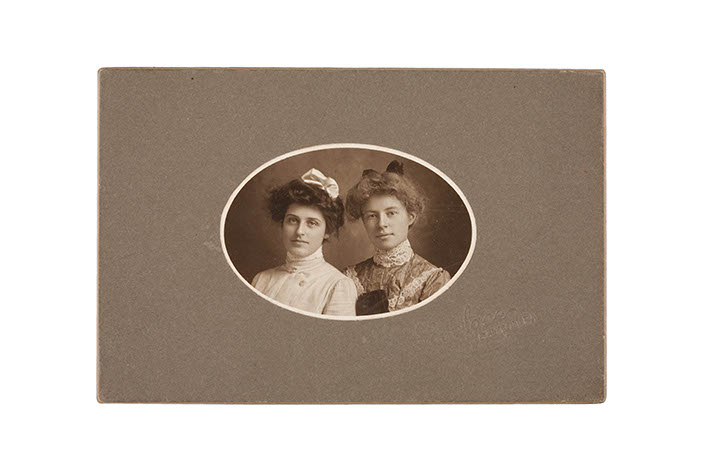
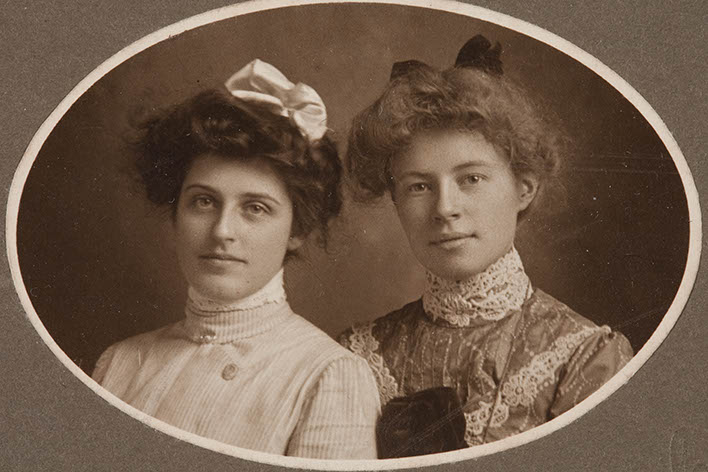
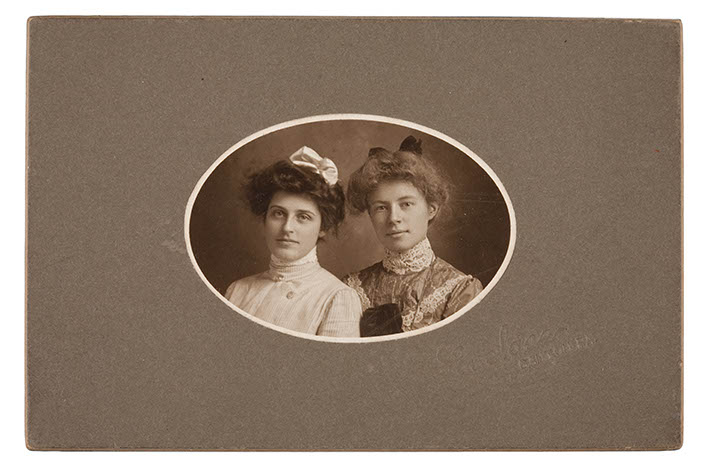
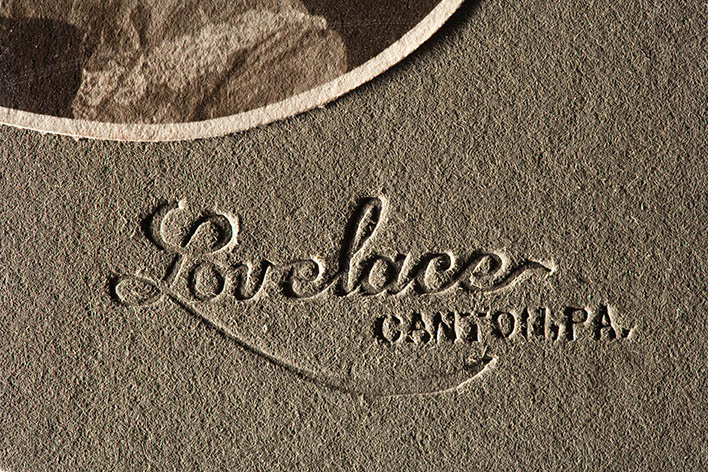
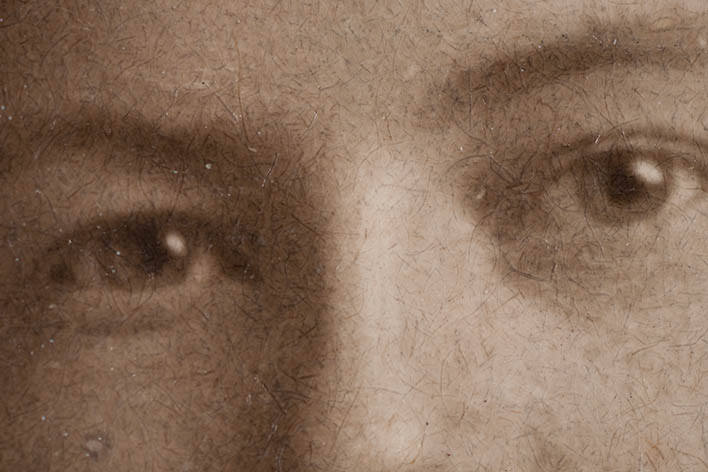
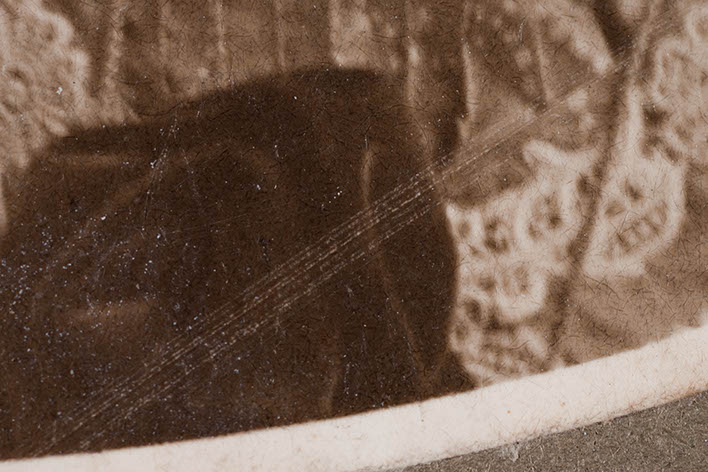
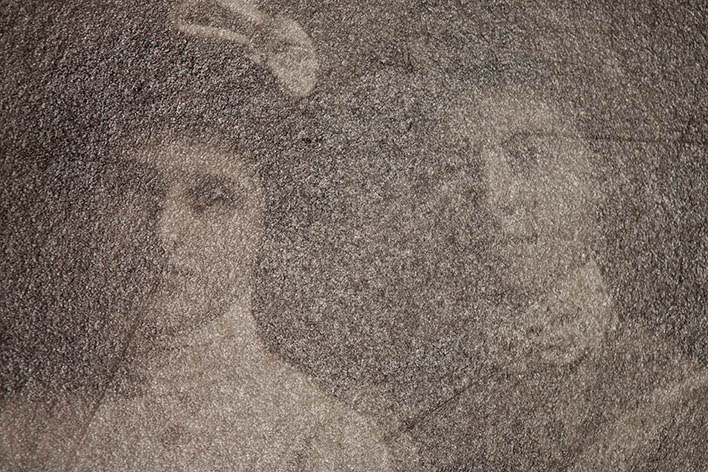
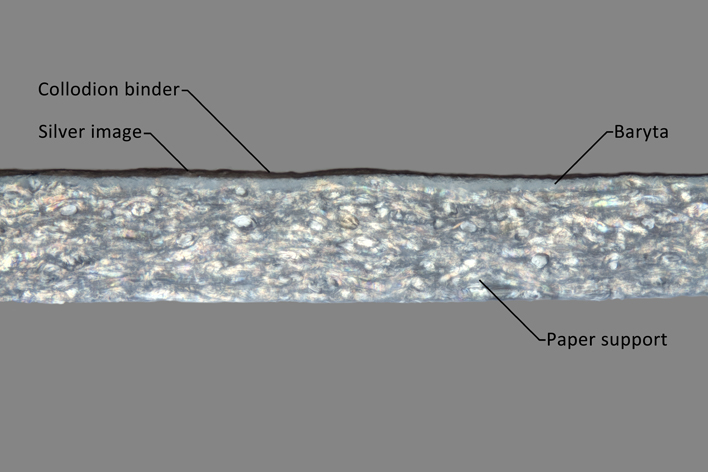
 Graphics Atlas is a web-based resource created by the
Graphics Atlas is a web-based resource created by the